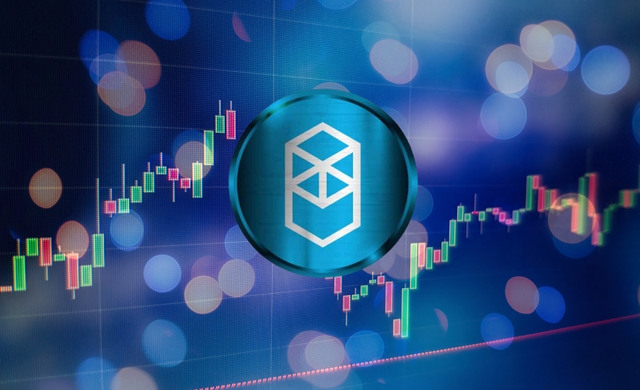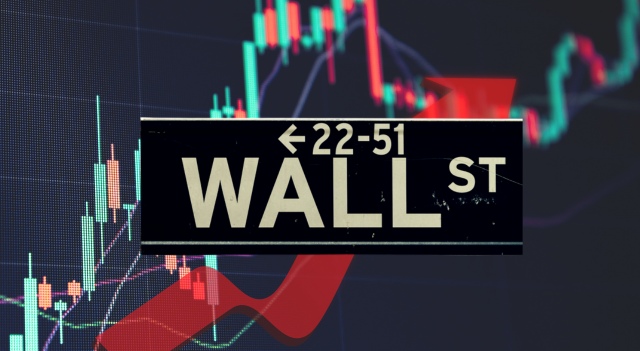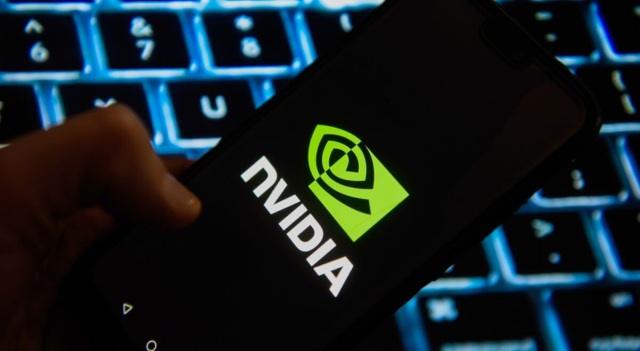BLACK FRIDAY

Celebrating 25 years Est 1999-2024
Save up to 60%* for Ultimate Trader
1 year 40%, 2 years 50% and *3 years 60%

Real-time Prices | Level 2 | |
|---|---|---|
American Stock Exchange | ||
Dow Jones Indices | ||
NASDAQ | ||
New York Stock Exchange | ||
OTCBB | ||
OTCMarkets | ||
Precious Metal | ||
OPRA | ||
OPRA Indices | ||
Forex |
*Across 3 years $3395.52 only $1358.21












